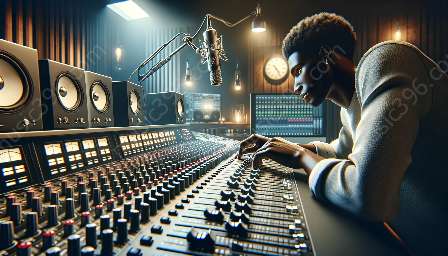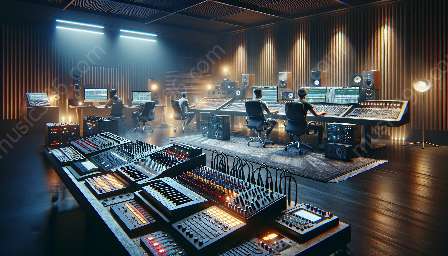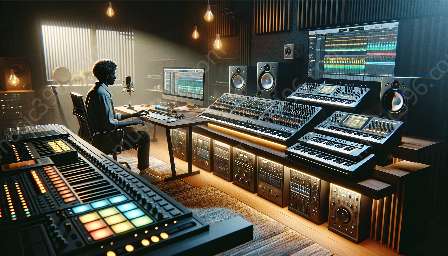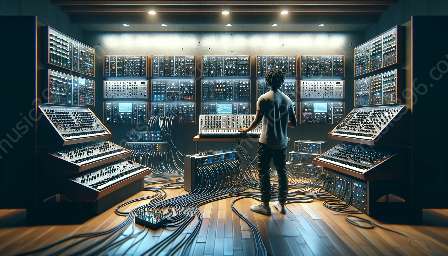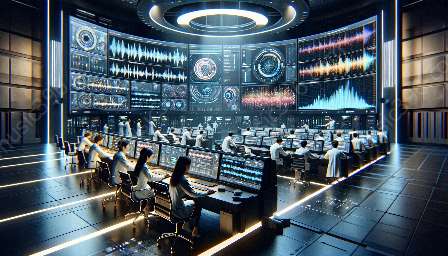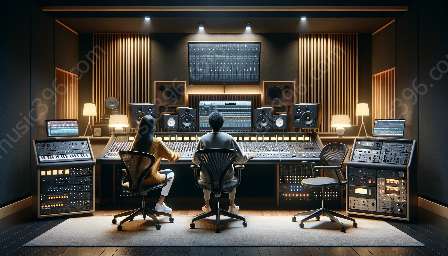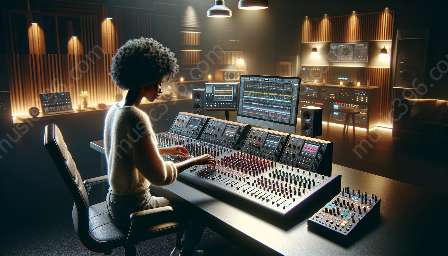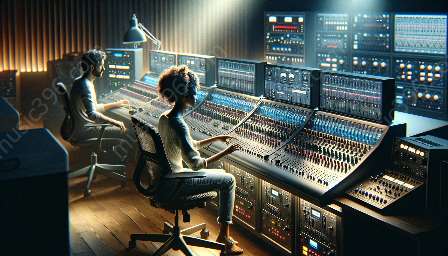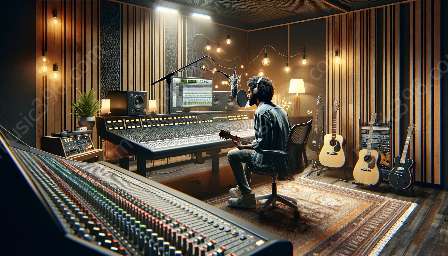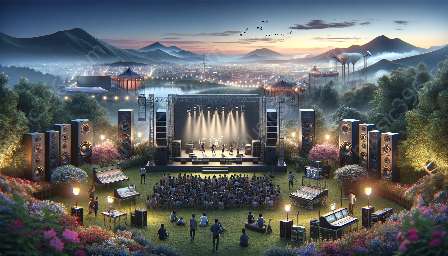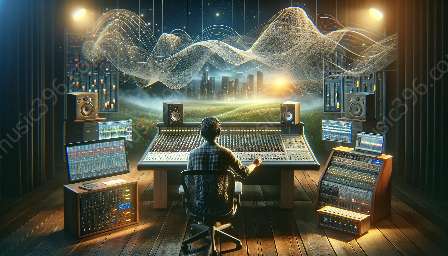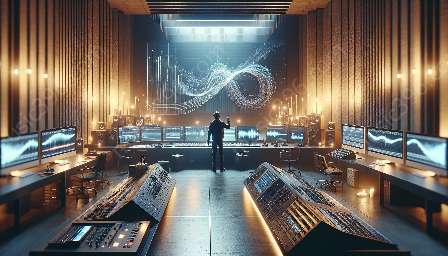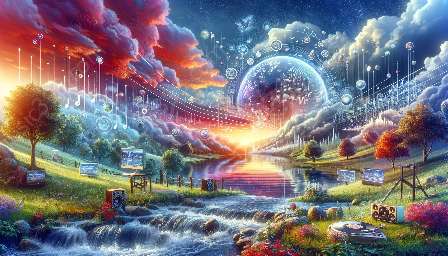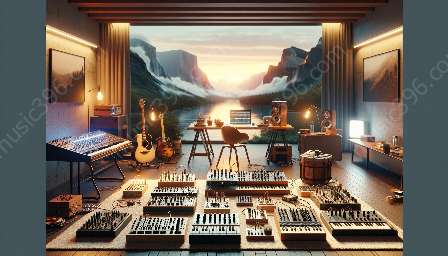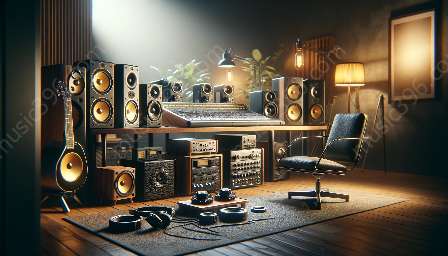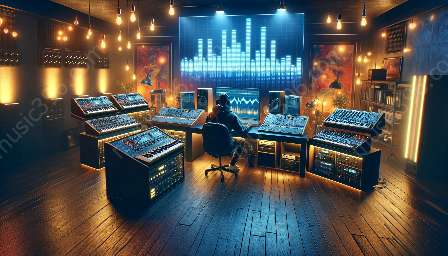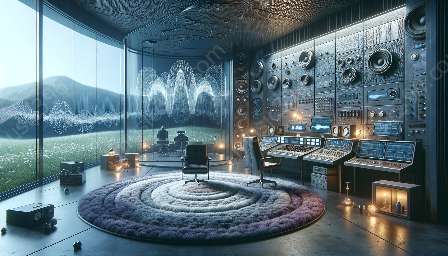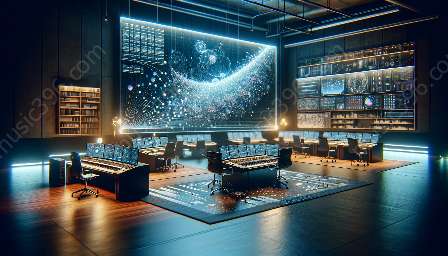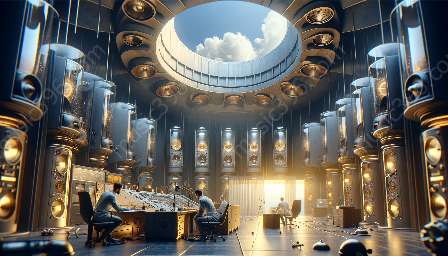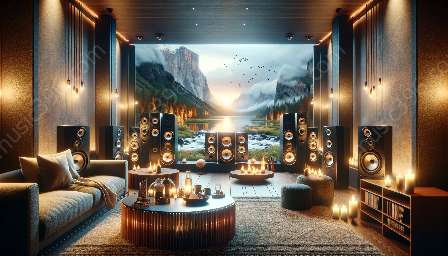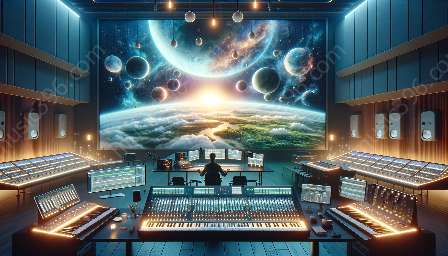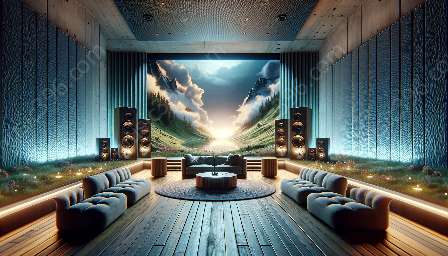Algorithmic composition has revolutionized the music industry by introducing new ways to create interactive music experiences. By leveraging music technology, algorithms can be used to generate, manipulate, and present musical material, transforming the way music is both created and enjoyed.
Let's delve into the topic cluster to understand the seamless integration of algorithmic composition and music technology, exploring the impact and potential of algorithmic composition in creating dynamic and immersive interactive music experiences.
The Fundamentals of Algorithmic Composition
Algorithmic composition is the process of using algorithms to automatically generate and manipulate musical content. These algorithms can be based on mathematical models, rules, or patterns, allowing for a wide range of musical expressions and variations. By utilizing computer programming and music theory, algorithmic composition enables the creation of music through computational techniques.
The Role of Music Technology in Algorithmic Composition
Music technology plays a crucial role in enabling algorithmic composition to flourish. Advanced software and hardware provide the necessary tools for composers and musicians to develop and implement algorithms that drive the creation of interactive music experiences. From digital audio workstations (DAWs) to specialized algorithmic composition software, technology empowers artists to harness the full potential of algorithmic composition.
Interactive Music Experiences Enabled by Algorithmic Composition
Algorithmic composition opens up a world of possibilities for creating interactive music experiences that engage and captivate audiences. Through real-time interaction and dynamic responsiveness, algorithmically generated music can adapt to user input, environmental cues, or other forms of data, creating a deeply immersive and personalized musical journey.
Enhancing Live Performances
Live performances are transformed into interactive experiences through algorithmic composition. Artists can use algorithms to dynamically generate and modify musical elements, responding to the energy of the audience or collaborating in real-time with other musicians. This interactive approach blurs the boundaries between the performers and the audience, creating a unique and evolving sonic landscape.
Immersive Gaming and Virtual Reality
Algorithmic composition plays a pivotal role in enhancing the audio experiences in gaming and virtual reality environments. By dynamically generating music that adapts to the in-game events or the movements of the virtual world, algorithmic composition adds a layer of interactivity and immersion that amplifies the overall experience for the players.
Personalized Listening Experiences
Streaming platforms and music applications leverage algorithmic composition to offer personalized listening experiences. By analyzing user preferences, listening habits, and contextual data, algorithms can dynamically create personalized playlists or recommend music that resonates with individual listeners, making the listening experience more interactive and tailored to each user.
The Ethical and Creative Implications
As algorithmic composition continues to merge with music technology to create interactive music experiences, several ethical and creative considerations emerge. The impact of algorithmically generated music on artistic originality, copyright, and the authenticity of human expression raises pertinent questions about the nature of creativity and authorship.
Preserving Artistic Authenticity
One of the challenges in using algorithmic composition for interactive music experiences lies in preserving the authenticity and artistic integrity of the music. While algorithms can produce captivating and innovative compositions, ensuring that the music remains true to the artistic vision and intention of the creators is a critical aspect that demands careful consideration.
Exploring New Frontiers of Creativity
Conversely, algorithmic composition opens up new frontiers of creativity by enabling novel approaches to music creation. It allows artists to explore uncharted territories and experiment with unconventional musical forms, potentially leading to groundbreaking innovations that redefine the traditional boundaries of music and composition.
The Future of Interactive Music Experiences
The synergy between algorithmic composition and music technology continues to shape the future of interactive music experiences. Advancements in artificial intelligence, machine learning, and real-time digital signal processing are expected to further expand the capabilities of algorithmic composition, paving the way for more sophisticated and deeply engaging interactive music experiences.
As we navigate this exciting intersection of technology and creativity, it becomes increasingly important to understand and appreciate the profound impact of algorithmic composition on the way we experience and interact with music.

